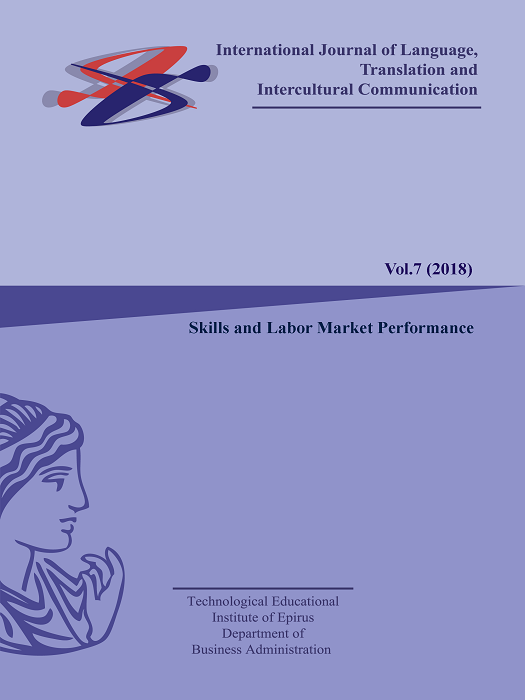The positioning of English as a key skill in the labour market of Marseille’s Tourist Office

Abstract
Marseille is reinventing itself as an urban tourist destination. The aim of this paper is to explore the effects that the resulting intensification of international tourism may have on the city, its population and its labour market. Drawing on previous research, language is shown to be a powerful lens through which to explore such phenomena. Therefore, an ethnographic research project was undertaken in Marseille’s Tourist Office, focussing on language use in encounters between international tourists and tourist advisers. The analyses of these data presented here show that English facilitates communication between these parties and thus becomes an indispensable resource for those working at the Tourist Office. It is thus shown how the English language is a key skill in the Tourist Office’s labour market and acts as a discriminatory factor in the recruitment of tourism professionals. In conclusion, some of the potential wider social repercussions are discussed.
Article Details
- How to Cite
-
WILSON, A. (2018). The positioning of English as a key skill in the labour market of Marseille’s Tourist Office. International Journal of Language, Translation and Intercultural Communication, 7, 21–32. https://doi.org/10.12681/ijltic.16164
- Section
- Articles

This work is licensed under a Creative Commons Attribution-NonCommercial-ShareAlike 4.0 International License.
Copyright Notice
Authors who publish with this journal agree to the following terms:
- Authors retain copyright and grant the journal right of first publication with the work simultaneously licensed under a Creative Commons Attribution License that allows others to share the work with an acknowledgement of the work's authorship and initial publication in this journal.
- Authors are able to enter into separate, additional contractual arrangements for the non-exclusive distribution of the journal's published version of the work (e.g., post it to an institutional repository or publish it in a book), with an acknowledgement of its initial publication in this journal.
- Authors are permitted and encouraged to post their work online (e.g., in institutional repositories or on their website) prior to and during the submission process, as it can lead to productive exchanges, as well as earlier and greater citation of published work (See The Effect of Open Access).


